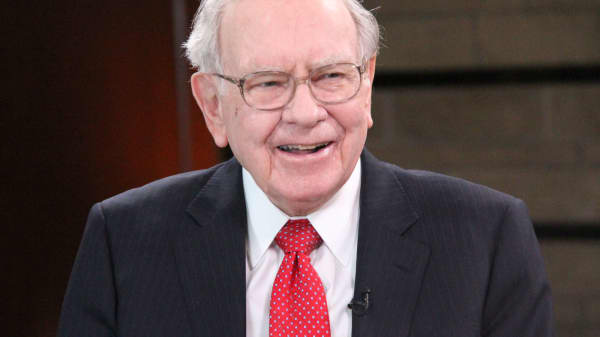My sharpest tool as a long-term investor is what is commonly known as a lazy portfolio, and it's a great way for regular people to efficiently grow their assets, easily diversify away unsystematic risk and pay the lowest fees to do it. I think it's "foxy" for several reasons.
1. It's easy to understand. When I was just getting started as an investor, it was important to me to understand what I was buying and why so that I could stick with a plan. A lazy portfolio allows you to clearly allocate your investments between stocks and bonds and even fine-tune a percentage for international investment — all with fewer funds than fingers on one hand.
More from FA Playbook:
How to figure out if you'll be able to retire early
Why a 30-year mortgage may not be your best option
Investors clueless about impact of a possible market correction
2. A lazy portfolio practically manages itself. The term lazy doesn't refer to lackluster returns, but rather to you as the investor. I've found that maintaining an asset allocation with just a few mutual funds can take less than an hour of attention per year. I rebalance annually by selling off a little of my highest performers and add to my slower performers — maintaining my predetermined proportions of each fund.
3. I avoid the pitfalls of my flawed, emotional human brain. We all think we're smarter than the average bear, but Nobel Prize-winning economist Daniel Kahneman has proved this isn't the case when it comes to investing. The field of behavioral finance has shown that our inability to time the market in pursuit of higher-than-average returns has cost us dearly. Going lazy with your investments leads to fewer emotional decisions based on short-term movements in the market.











